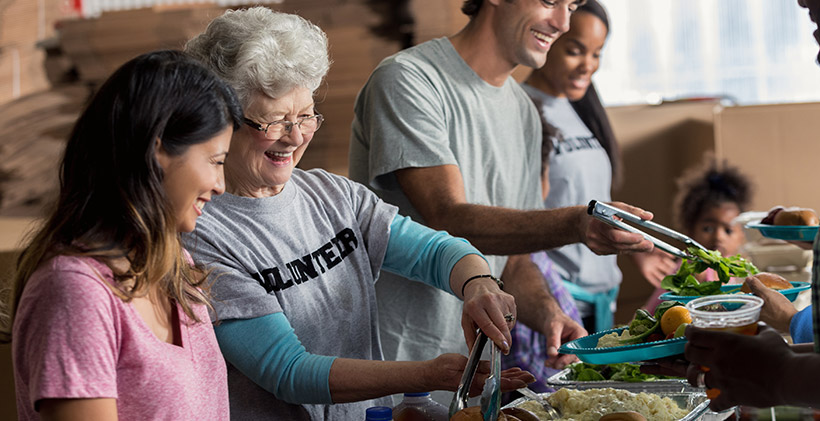As people stay healthy and live longer lives, older adults are engaging in new ways with their communities and their neighbors.
Today’s older adults have the skills — and the will — to participate in civic life and take on leadership roles in aging issues. What are some of the attributes that older leaders bring to the table and how are older adults making a difference?
Older Adults Have Much to Offer
In decades past, retirement for many people in their 60s, 70s and 80s meant leisurely days spent golfing or gardening. As people live longer and healthier lives, young retirees often embark on a new phase of their lives and find meaningful work supporting important causes.
With increased health and vitality, many older adults remain engaged in community life through charitable organizations, churches and social networks. Many continue to hold leadership roles in their churches and in a variety of groups and organizations.
Older leaders bring a range of skills into the community. Having served in law, education, business and many other fields, they offer valuable experience and wisdom that can help organizations thrive. With the advent of the internet and technology, older adults continue to learn and develop new skills that they can offer in leadership positions within their communities.
Giving Back to the Community Through Volunteerism
Many charitable organizations rely on volunteers to support their important missions. As volunteers, older adults offer decades of experience and diverse skills, and many have the time and desire to help community organizations at no cost.
Research has found that nearly 90 percent of Americans over age 50 feel responsible for helping less-fortunate individuals. With more than 72 percent helping their neighbors — a form of informal volunteerism — older adults stand among the groups that volunteer the most.
Acting as a Voice for Older Adults
The aging of the baby boomers is creating a unique situation in the United States, where retired individuals cover ages spanning three decades or more. In many cases, younger and more-active retirees — those in their 60s, 70s and even 80s — are becoming heavily invested in issues that affect the oldest members of our populace, those in their 80s, 90s and beyond.
Baby boomers and some members of the older “silent generation” are among the most-educated citizens about issues affecting older adults. By volunteering for organizations that advocate for issues affecting older adults, these individuals can put their experience, skills and passion to work.
Many younger retired people know that issues affecting older adults will play an important role in their lives in coming years, and the issues may even affect their older parents now. As older adults continue to learn, grow and take on leadership roles in their communities, they become important voices for others facing the realities of aging.

